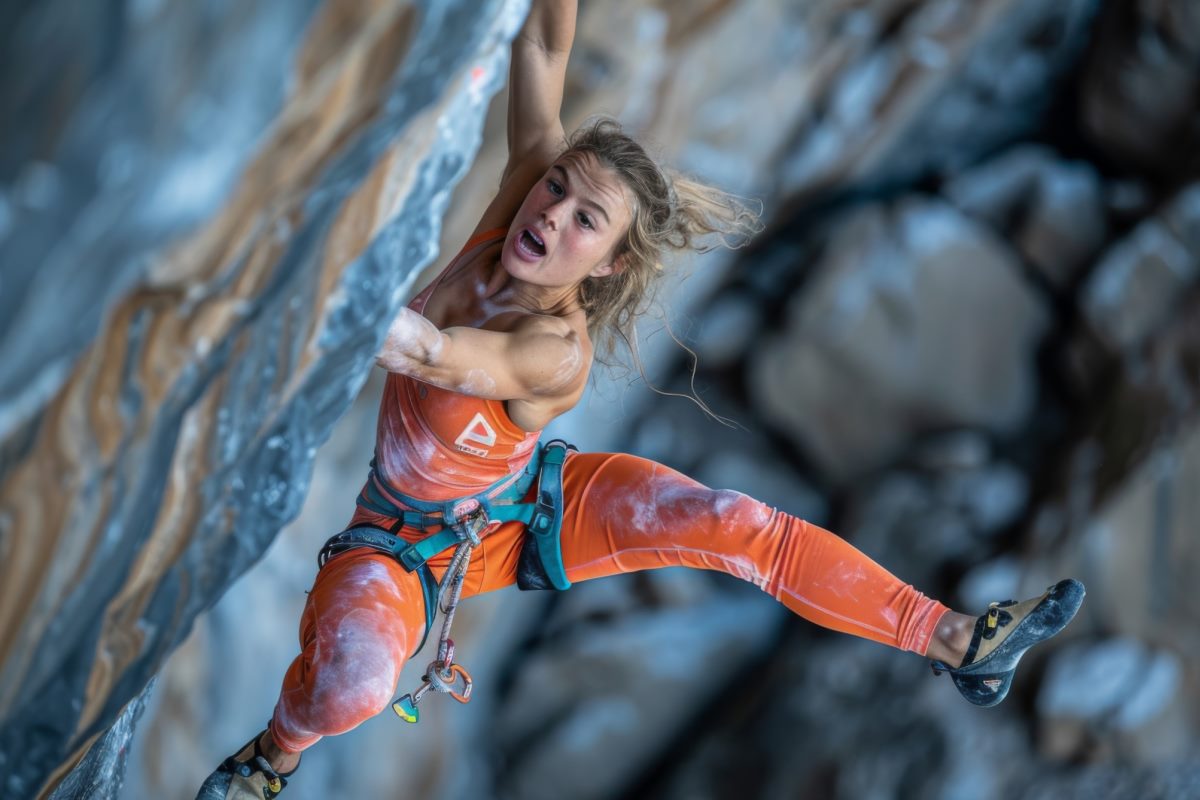
Advice From the Top Mountain Climbing Professionals
Mountain climbing is a thrilling yet demanding pursuit that combines physical endurance, mental resilience, and technical skill. At Team Fudoshin, we embrace the Fudoshin philosophy—an unshakable mind free from fear or doubt—to guide our approach to extreme sports. Drawing from the wisdom of top mountain climbing professionals, this blog post shares essential advice to help beginners and seasoned climbers alike conquer peaks safely and confidently. Here are key insights to elevate your climbing journey.
Preparation Is Paramount
Top climbers emphasize that preparation is the foundation of a successful ascent. Before tackling any mountain, assess your physical fitness and technical skills. “Mountaineering is an endurance event, like a marathon,” notes REI Expert Advice, recommending a training plan that includes cardio, strength training, and flexibility exercises to build leg and core strength. Professionals like Michael McCarty, Chief Safety Officer at Edge Fall Protection, stress the importance of inspecting gear meticulously—ropes, carabiners, and helmets must be in top condition to ensure safety. Research your route thoroughly, understand its classification, and pack for unpredictable weather with essentials like sunscreen, extra layers, and a headlamp.
Master Technical Skills
Climbing mountains requires more than just fitness; it demands technical proficiency. Experts from the American Alpine Institute and International Alpine Guides recommend learning skills like rope techniques, snow travel (step-kicking, plunge stepping), and ice axe and crampon use from professional guides or trusted mentors. Start with beginner-friendly courses to master these fundamentals safely. For example, knowing how to tie a clove hitch can enhance safety during belaying or tethering, as it’s more reliable than some slings for dynamic loads. Progress gradually from Class 1 (hill walking) to Class 3 (scrambling) routes to build “mountain sense” without overwhelming yourself.
Prioritize Safety and Risk Management
Safety is non-negotiable in mountaineering. “Climbing is a dangerous activity,” warns a seasoned climber from Mountain Planet, who advises against over-relying on guides or pushing beyond your limits. Always check weather forecasts, but be prepared for sudden changes—carry an emergency shelter like a foil blanket and have a Plan B. Acclimatization is critical to avoid acute mountain sickness (AMS), high-altitude pulmonary edema (HAPE), or cerebral edema (HACE). If symptoms arise, descend immediately by at least 3,000 feet. Share your itinerary with someone and set a turnaround time to ensure quick action in emergencies.
Cultivate Mental Resilience
The mental challenges of climbing are as significant as the physical ones. Top climbers like Kilian Jornet, who summited 82 European peaks in 19 days, highlight the need for a “sixth gear” mindset—mental toughness to push through when conditions get tough. Embrace discomfort as part of the journey, as noted by Heinrich Harrer: “True confidence is the greatest gift one can possess.” Practice mental resilience through training and smaller climbs to build confidence. As Amy Kilpin, an endurance athlete, advises, “Tell that little voice of doubt to go away,” and trust your preparation.
Respect the Mountain
Mountains are not just challenges but fragile ecosystems. Professionals urge climbers to minimize environmental impact—avoid leaving trash and respect wildlife. “The summit is what drives us, but the climb itself is what matters,” says Conrad Anker, emphasizing the journey over the destination. Approach each climb with humility, recognizing that, as Hermann Buhl noted, “Mountains have a way of dealing with overconfidence.” Start with smaller peaks, like Mount Shasta or Snowdon, to build skills and confidence before tackling high-altitude giants.
Join a Community
Climbing with others fosters safety and camaraderie. Whether through a guide, a course, or a trusted partner, connecting with like-minded individuals enhances the experience. Team Fudoshin’s group activities, like our Endurance Relay Challenge, mirror this by building trust and teamwork. Joining a community, as offered by organizations like Mountain Professionals, provides access to experienced leaders who prioritize safety and fun.
Embrace the Fudoshin Mindset
At Team Fudoshin, we believe an unshakable mind is key to mountaineering success. By combining rigorous preparation, technical mastery, safety-first practices, and mental fortitude, you can conquer peaks while growing as a leader and individual. As John Muir said, “The mountains are calling, and I must go.” Answer that call with the wisdom of top professionals and the Fudoshin spirit. Ready to start your climbing journey? Contact Team Fudoshin to join our training programs and tribe.






